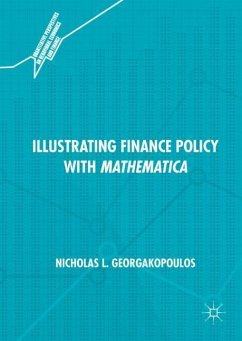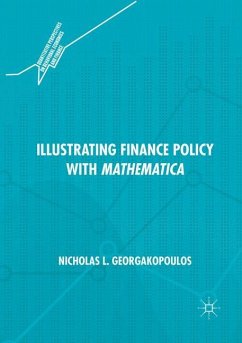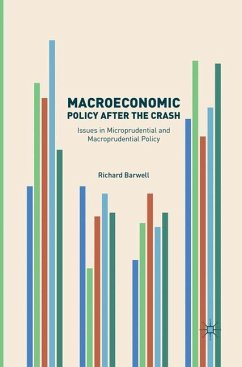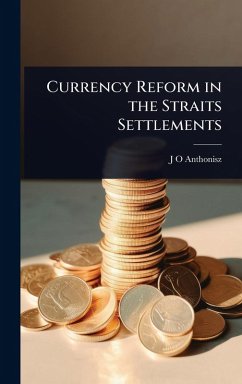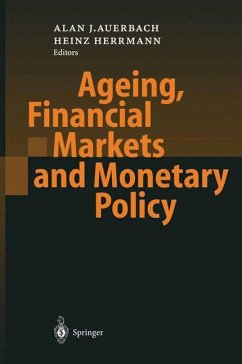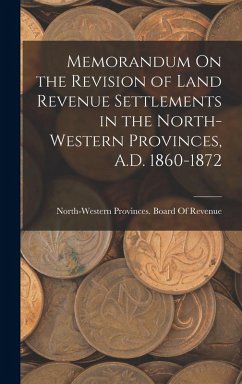
Challenges at the Bank for International Settlements
An Economist's (Re)View
Versandkostenfrei!
Versandfertig in 6-10 Tagen
76,99 €
inkl. MwSt.
Weitere Ausgaben:

PAYBACK Punkte
38 °P sammeln!
The intellectual challenges facing central bankers are reflected in this monograph. The author worked as an economist in the Monetary and Economic Department of the Bank for International Settlements (BIS), but also as an international mediator, in the Secretariat of the G10 Ministers and Governors and in central bank governance. This book thus reveals, next to monetary policy and financial crisis, less well known topics such as insolvency, collective action clauses, international mediation and management of central banks.
For a number of reasons I am pleased that Elmar has asked me to write a foreword to this volume, which assembles together a number of pieces that he wrote over the course of the decade between 1997 and 2007. The first reason is that it gives me the opportunity to thank him for the work he has carried out so conscientiously and ably in his role as an economist working for the BIS. I would, however, be remiss if I did not also thank him for his earlier efforts, contributing in particular to the statistical output of the MED, and also the broader contribution he made as president of the Sports Club from 2004 to 2007. A second reason for being pleased is that the research contained in this volume was drawn from the period when I was chief of the MED and very much involved in discussions of the - portant issues to which these papers are directed. Time goes fast when one is busy, and it is all too easy to forget what was yesterday's central ques- on. This volume constitutes a kind of reintroduction to old friends, and that is always a pleasure. The papers in this volume are grouped into four time periods, during each of which Elmar had been given different responsibilities. The in- resting point is that, taken together, they imply an interest in essentially all the important topics of interest to the BIS.






